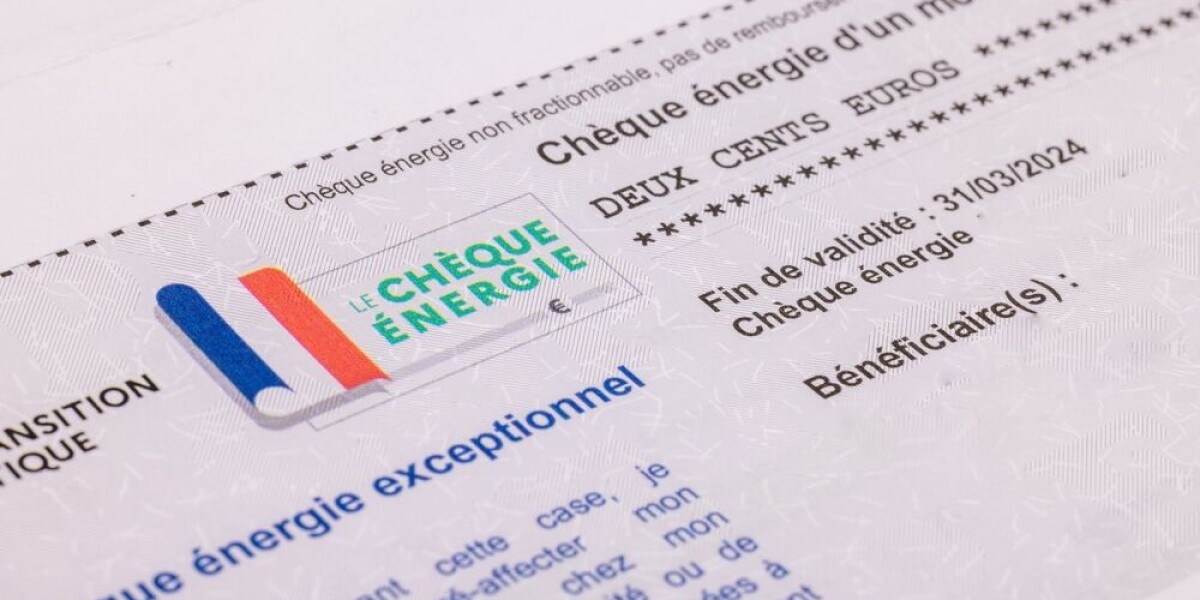
- Select a language for the TTS:
- UK English Female
- UK English Male
- US English Female
- US English Male
- Australian Female
- Australian Male
- Language selected: (auto detect) - EN
Play all audios:
The Tory leadership race seems to be resolving itself into two separate contests. One is a three-way fight for the Remainers and softer Brexiteers between senior Cabinet ministers: Jeremy
Hunt, Michael Gove and Sajid Javid. The other is a bitter two-way struggle between those who have resigned — of whom the most prominent are Boris Johnson and Dominic Raab — to be the most
hardline Brexiteer. I want to focus on the latter, because it seems to turn on a simple question: with whom do you pick your fight? For Boris, it is clear: by announcing that he will refuse
to hand over the £39 billion “divorce settlement” agreed by Theresa May and her negotiating team, he is picking a fight with the EU. Already, Emmanuel Macron, Guy Verhofstadt and other
European politicians are responding with undisguised fury. Macron is already threatening to destroy the UK’s credit rating by treating the refusal to pay as the equivalent of defaulting on a
sovereign debt. Such threats to, in effect, bankrupt Britain will only confirm what most Leave voters have long suspected, that our EU partners are out to punish us. And the more such
threats are made, the stronger will be the support for Boris in the Conservative constituency associations. He can present the battle in Churchillian terms, as a defence of vital national
interests — and of the much put-upon taxpayer. Such Johnsonian rhetoric will also play well with Tories and others who have defected to the Brexit Party. By picking a fight about “our money”
— something everyone understands, or at least thinks they do — Boris kills two birds with one stone: Brussels and Farage. Meanwhile, Dominic Raab has picked a different fight: with his own
colleagues in the House of Commons. By his implied threat to prorogue Parliament in order to meet the deadline of October 31, Raab has identified the real obstacle to Brexit as the Remainers
who dominate both Houses. This fight, however, carries real risks. The courts may throw out the idea of suspending Parliament in order to circumvent what is already its declared will. It is
even possible that the Queen might ask advice from other sources, as well as the Prime Minister’s, as to whether the prorogation is lawful. In any case, there would be a constitutional
crisis. And sooner or later, Parliament would have its revenge, probably by throwing out the Government. Raab’s premiership might be even shorter than Mrs May’s. Raab’s idea has been
denounced by several of his rivals. Rory Stewart says it is “unlawful, undemocratic and unachievable”; he has also called on all the leadership hopefuls to rule it out. Andrea Leadsom, the
former Leader of the House, has followed suit, as has her successor Mel Stride. The Speaker, John Bercow, proclaims magisterially: “It is simply not going to happen.” He forgets, as usual,
that he is not the master of the House of Commons, but its servant. Not everyone agrees that to prorogue Parliament would be unconstitutional. Those who are usually wheeled on to comment,
such as the Institute for Government, are not really neutral, but support Remain. Raab himself is an experienced lawyer and he would doubtless find other legal experts to back up his
position. Most agree that the default position is that the UK will leave the EU on October 31 unless Article 50 is revoked or another extension is agreed. The Queen is unlikely to involve
herself in arcane and divisive disputes. More likely, she would follow precedent and, as the experienced commentator Adam Boulton argues, “wave it through”. The Supreme Court might try to
stop it, but would there be time? And would judges risk a direct confrontation with an elected Government on a policy — Brexit — that has now been supported both by a referendum and a
general election? In a battle between Parliament and the people, Raab might join forces with Nigel Farage and sweep the country. If this all sounds like a Brexiteer fantasy, that is because
it probably won’t happen. Boris Johnson is the runaway favourite, not least because picking a fight with Brussels sounds a lot safer than doing so with Parliament, the courts and possibly
even the monarch. Amber Rudd compared the Raab’s “outrageous” idea to Charles I turning up in the Commons with his soldiers to arrest recalcitrant MPs: “We are not Stuart kings.” But Ms Rudd
has chosen the wrong historical analogy. If Johnson is trying to evoke Margaret Thatcher, Raab sounds more like Oliver Cromwell. And unlike Charles, who took on Parliament and lost his
head, Cromwell successfully dissolved Parliament by force. “Necessity hath no law,” he told the Commons on one occasion. The question now is: does the imperative to drive through Brexit now
trump constitutional niceties?









